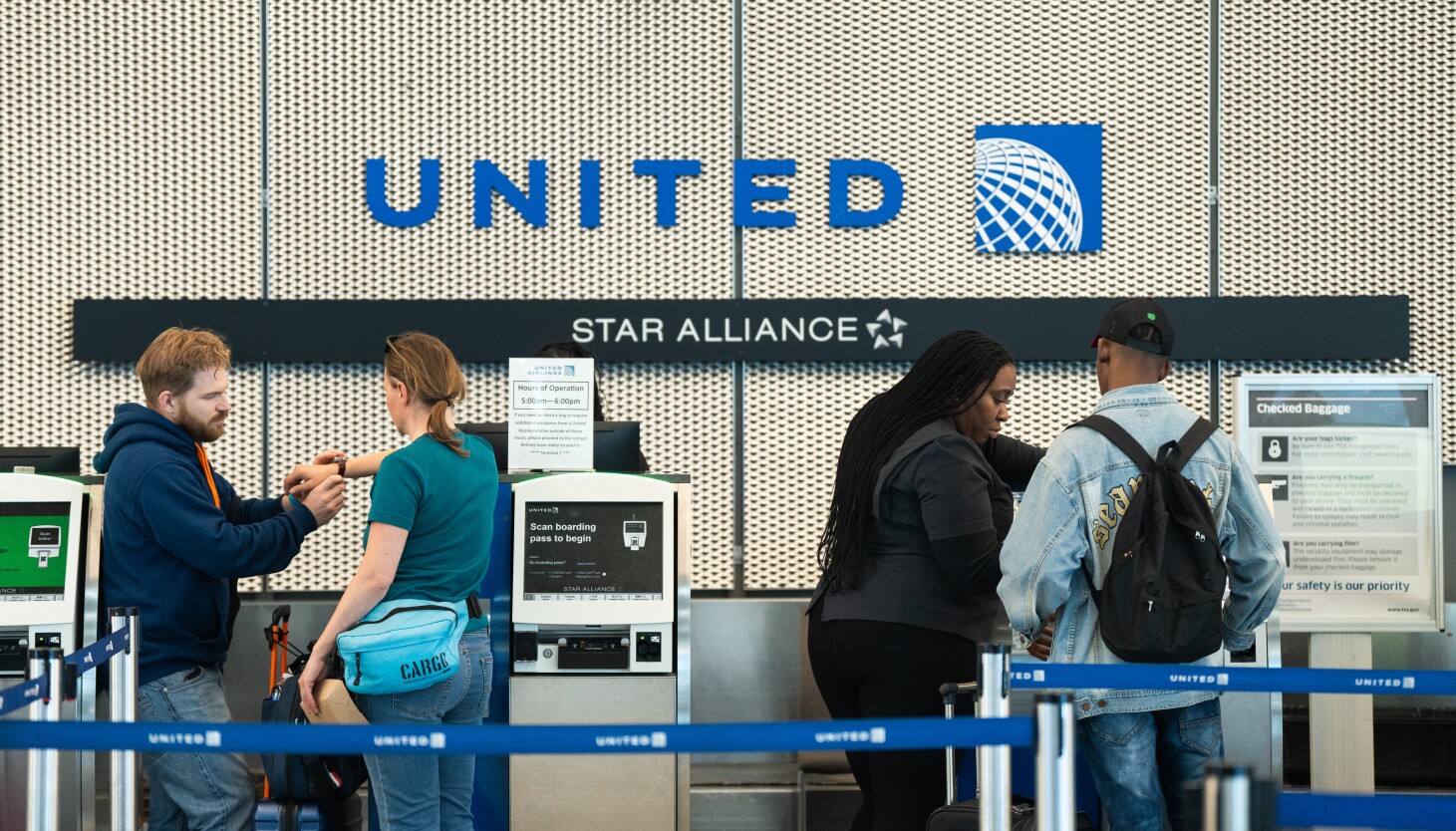“Back-in-my-day,” fist-shaking elders say when they complain that airline passengers don’t make an effort to dress up for flights anymore. They forget it was easier to look like a cotillion attendee when security didn’t require removing layers of clothing — and shoes — and coach seating didn’t feel like a human sardine can.
Plus, a brand-new pair of sweatpants and leggings are all some travelers can afford after being nickel-and-dimed by airlines that add on extra fees to the cost of tickets.
The Biden administration is helping out with its new rule that would require airlines to be upfront about these so-called “junk fees” instead of sneak-attacking unsuspecting customers.
Don’t jump up for joy just yet. There’s turbulence ahead. The trade group Airlines for America and six major U.S. air carriers — Alaska Airlines, American Airlines, Delta Air Lines, Hawaiian Airlines, JetBlue Airways and United Airlines — filed a lawsuit against the U.S. Transportation Department last week over the requirement.
The rule is “arbitrary, capricious” and “an abuse of discretion,” claims the lawsuit filed in the 5th U.S. Circuit Court of Appeals in New Orleans. Airlines for America said the directive would just confuse consumers, calling it “a bad solution in search of a problem.”
Those arguments come off as a bit flighty to anyone who has felt ambushed being charged extra for checked luggage, carry-on bags, canceling and changing reservations.
It would be less disorienting — and less of a buzzkill — if people knew upfront the full price of a flight before purchasing their tickets, or are clearly told right away what monetary penalties they face if they change their itinerary.
The rule would put an end to “bait-and-switch” tactics many airlines use to disguise the true cost of discounted flights, helping protect consumers and their wallets, the Transportation Department said.
Airline passengers overpay $543 million in fees each year, according to the federal agency. If travelers need more of a reason to scream “mayday,” consider this: U.S. airlines raked in nearly $6.8 billion in baggage fees in 2022 and $5.5 billion in the first nine months of 2023.
The airlines, which have had their shares of struggles, are nevertheless well aware that travelers don’t have much of a choice if they need to get somewhere far fast. They are businesses that have a bottom line and are in business to make money.
But that’s not a reason to fleece passengers. That’s an especially crucial point now, with the summer travel season on us.
Openly refusing to divulge fees will only annoy already-irritated customers and make them fly further off the handle.
The Sun-Times welcomes letters to the editor and op-eds. See our guidelines.
